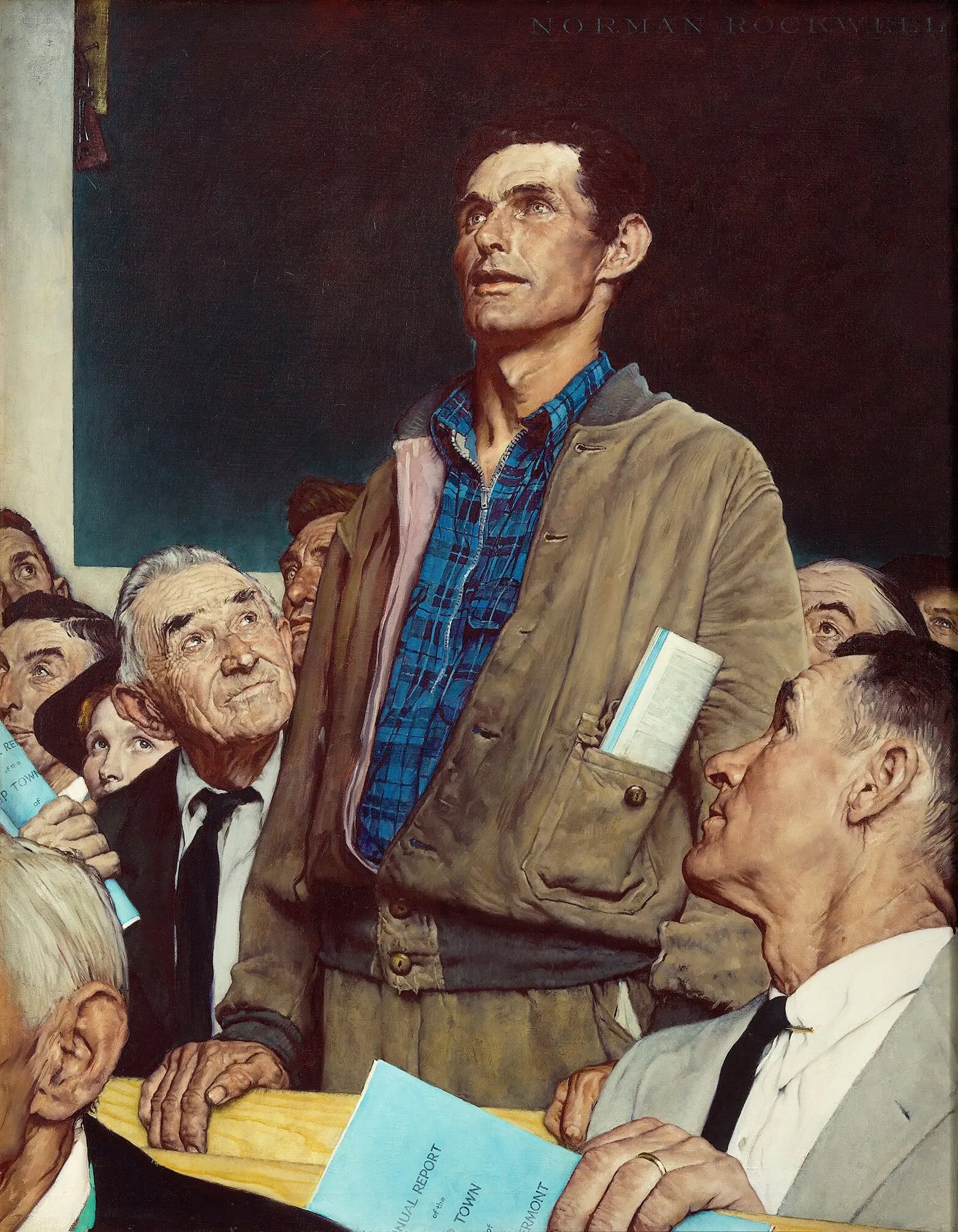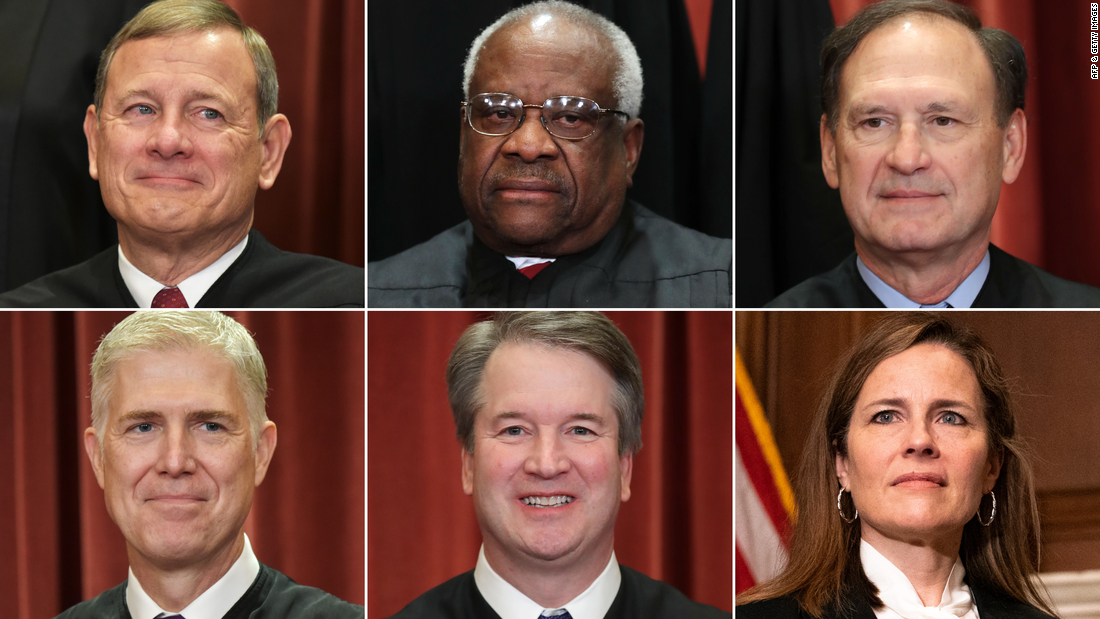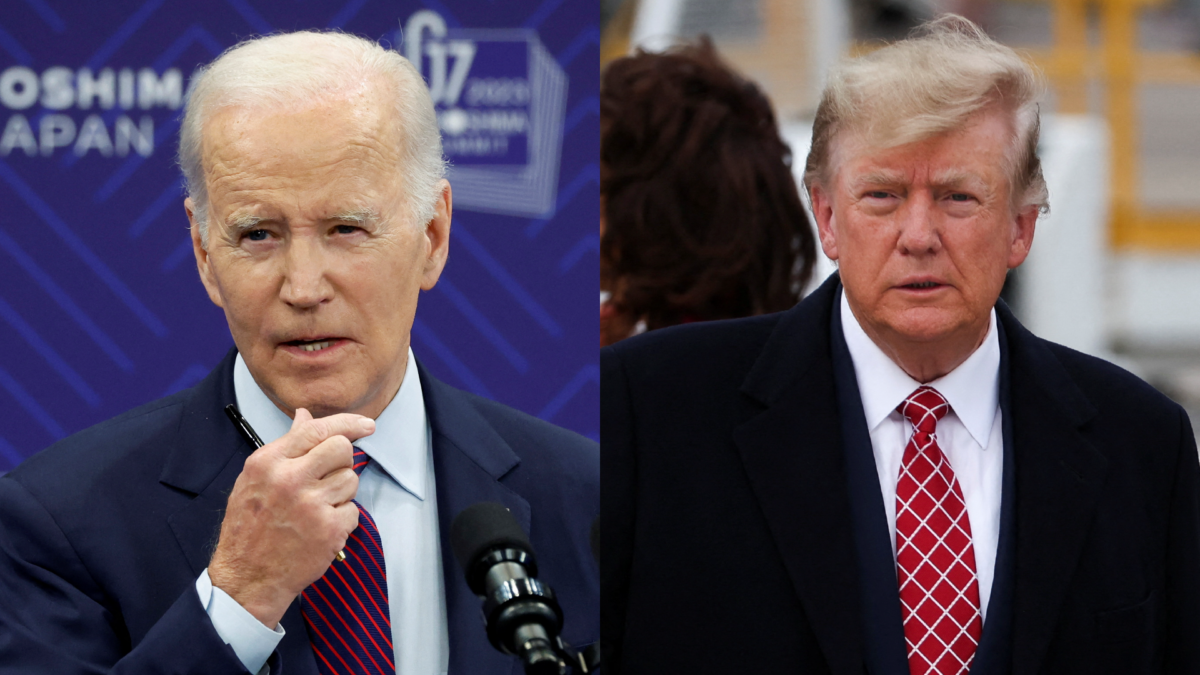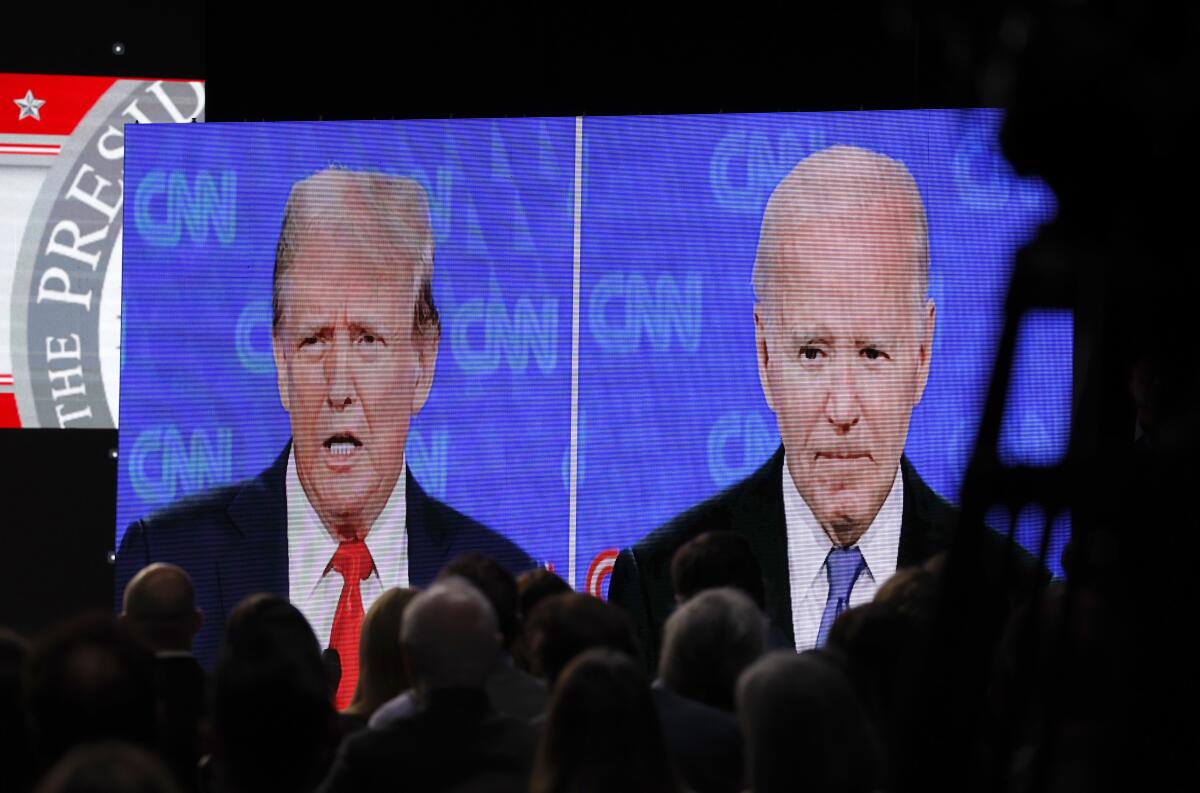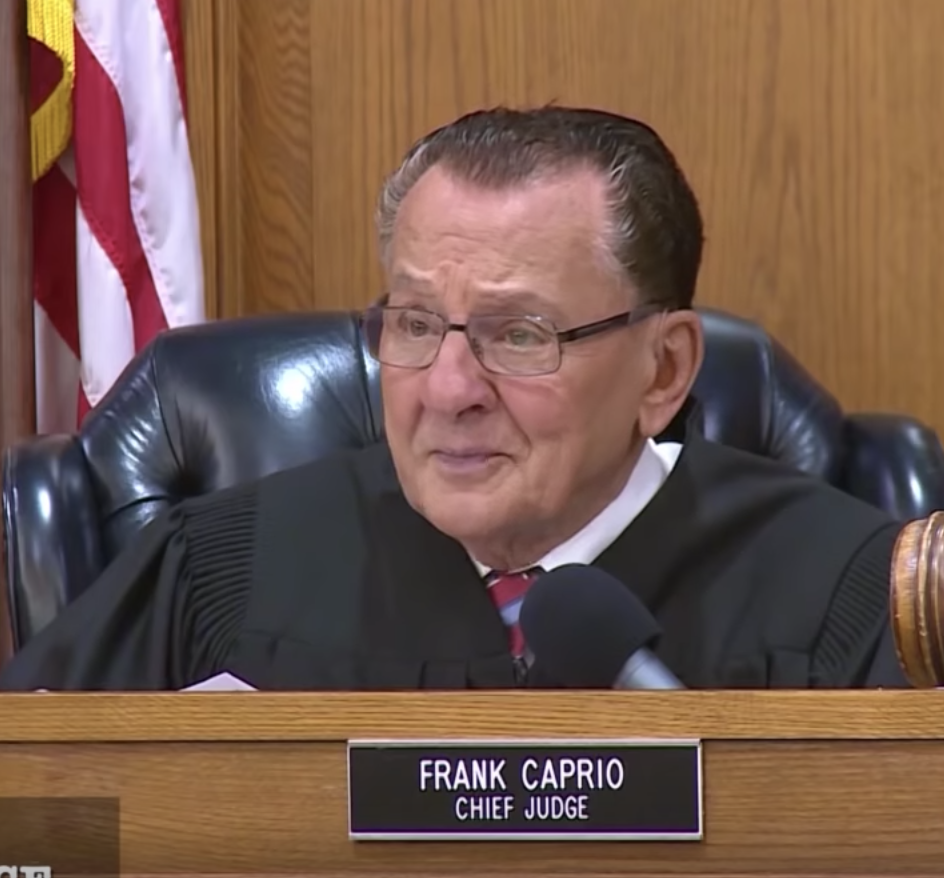Corporate CEO’s like BP’s Tony “I want my life back” Hayward aren’t the only one’s susceptible to foot-in-mouth issues. Last Friday (Oct. 2) CNN fired Rich Sanchez after the daytime anchor called Comedy Central’s Jon Stewart a bigot onSirius-XM radio, then proceeded to imply that all the networks are controlled by Jews.
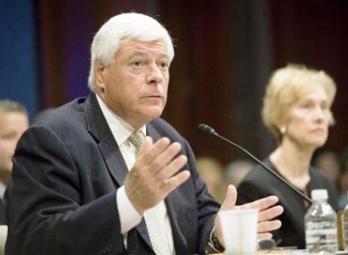
“White folks usually don’t see it. But we do,” Sanchez told radio host Pete Dominick Thursday evening. Sanchez then explained what a senior CNN executive had once told him. “I really don’t see you as an anchor, I see you more as a reporter. I see you more as a John Quiñones — you know, the guy onABC… Now, did he not realize that he was telling me… An anchor is what you give the high-profile white guys, you know…To a certain extent Jon Stewart and [Stephen] Colbert are the same way. I think Jon Stewart’s a bigot.”
It gets worse.
When Dominick pointed out that Stewart is Jewish, “a minority as much as you are,” Sanchez came right back.
“Very powerless people,” Sanchez says with a laugh. “He’s such a minority, I mean, you know… I’m telling you that everybody who runs CNN is a lot like Stewart, and a lot of people who run all the other networks are a lot like Stewart, and to imply that somehow they — the people in this country who are Jewish — are an oppressed minority? Yeah.”
Although Sanchez later replaced the word “bigot” with “prejudiced” in reference to Stewart, the damage was done.
CNN delivered a terse statement: “Rick Sanchez is no longer with the company. We thank Rick for his years of service and we wish him well.”
Now, I don’t know what kind of conversation took place between Sanchez and CNN after his remarks. I would be interested in knowing if the popular anchor offered any kind of an apology or if CNN ever considered suspension as punishment. Regardless, it’s interesting to note that several days went by before radio “shock jock” Don Imus was fired after his brutal comments against the Rutgers Women’s basketball team and the only statement Fox News offered in response to Glenn Beck’s calling President Obama a racist in July 2009 was “…he [Beck] is given the freedom to express his opinions.” Beck only recently came out and apologized for his original remark – more than a year later.
The difference between the two cable networks seems clear.CNN believes that the credibility of their on-air talent is vital to the networks overall credibility, and the quick firing of Sanchez seems to reflect their standards. Not the case with Fox.
Earlier that same day, before the Sanchez interview, another high profile individual was in the hot seat.
William Weldon, the chief executive of Johnson & Johnsonappeared before a Congressional committee regarding the failure of the drug company involving a delay in recalling children’s liquid Tylenol due to quality control issues.
“I know that we let the public down,” Weldon said. “We did not maintain our high quality standards, and as a result, children do not have access to our important medicines.”
Of course, the poor handling of the situation stands in stark contrast to another Tylenol incident in 1982. At the time, J&JChairman James Burke was faced with a domestic attack in which (still) unidentified individual(s) laced several bottles ofExtra-Strength Tylenol with cyanide.
Although the tainted capsules were never discovered beyond the Chicago area, Burke called for the removal of all Tylenolproducts from every story in the country.
In an interview for my book, What Do You Stand For?, Burke said, “I think everybody, in the long run, is motivated by trust. That anything we do – whether we’re trying to build an organization or trying to create products and services is guided by the fact that the people who are influenced – our constituencies – want to trust us.
“As I look back on Tylenol,” Burke said, “I think that the only way that we could have done what we did was to have all of the institutions that were affected by the Tylenol poisonings believe in us.”
And now…
After pointing out “carelessness” and “deficiencies” by the drug maker at last week’s hearing, California Representative Darrell Issa said that the company’s failures “…will mar Johnson & Johnson’s image for many, many years.”
While CEO Weldon struggles to rebuild Johnson & Johnson’sreputation, he and others dealing with issues of credibility, would do well to remember James Burke’s wisdom.
“I think that the world is searching for trust in all of their institutions. And I think those that perform the best and continue to perform the best over time, whether they’re a parent – a family’s an institution as well – a teacher, or a business, I think we’re all guided by a desire to trust those that we’re working with.
“The experience confirmed my own deep belief that you can do well by doing good. That’s a buzzword phrase, but I think it’s true. I think that the more we do that’s right, the more successful we are as individuals and as institutions.”
Part of being accountable is owning up to any mistakes, failures or wrongdoing as quickly as possible, and taking whatever corrective actions are necessary for all involved. It’s the only way we ever have a chance to truly restore trust.
Comments


